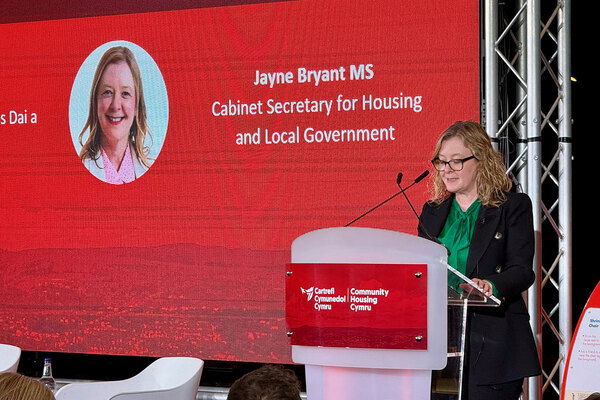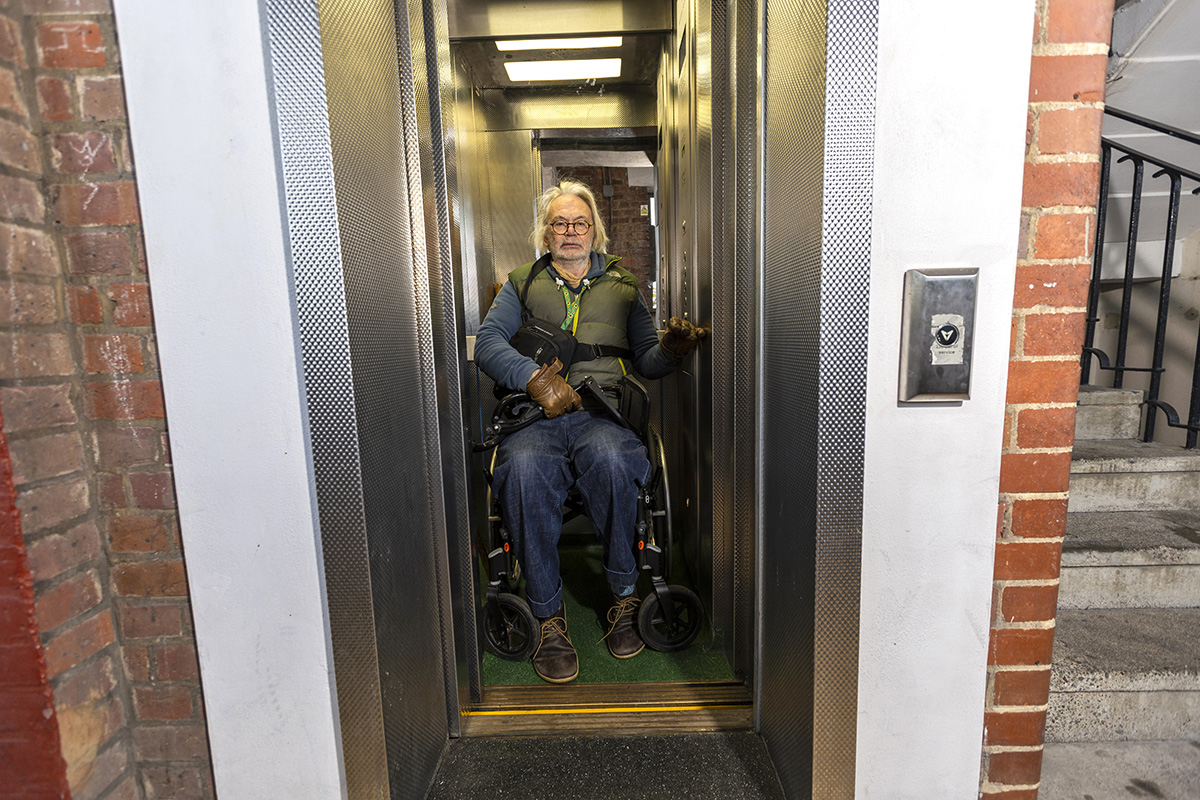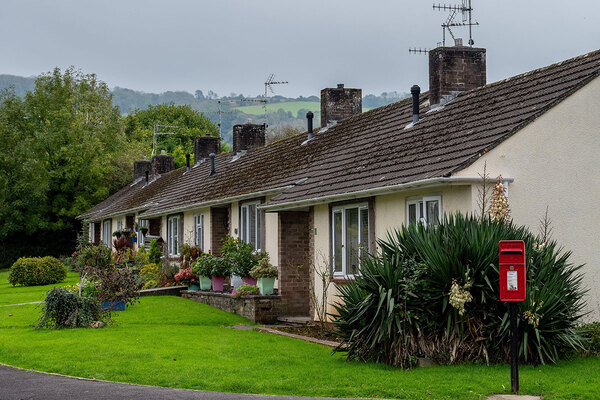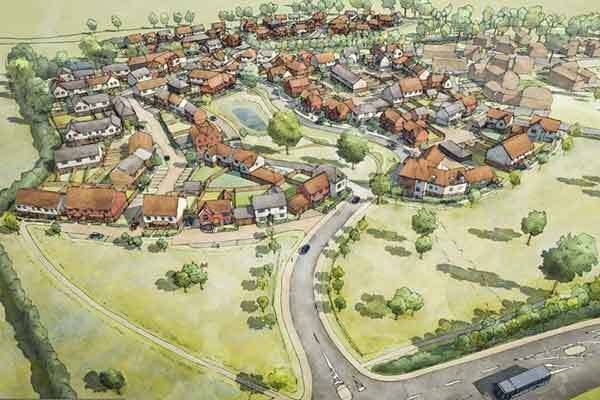You are viewing 1 of your 1 free articles
The Welsh government must be more ambitious in its vision for social housing
A long-term approach is needed if we are ever to meet our social housing goals, writes John Griffiths, chair of the Local Government and Housing Committee at Senedd
Increasing social housing supply in Wales has been particularly challenging in recent years due to headwinds, including the rising cost of materials and labour.
Many of these headwinds are faced by nations across the UK and Europe, but in our recent inquiry on social housing supply, the Senedd’s Local Government and Housing Committee heard that there are opportunities for the Welsh government to do more in spite of the challenging environment.
The Welsh government has continued to invest in capital programmes for social housebuilding during an unprecedented period of tough budgets and has made some publicly owned land available for affordable housing.
Despite this, the target of delivering 20,000 new low-carbon social homes by 2026 may not be met without additional funding. Even if it is met, our inquiry heard that it is not likely to meet current demand.
Our report, published this week, calls on the Welsh government to be more ambitious in its vision for social housing. It needs to think longer term and plan beyond the timeframe of the next election.
The Welsh government also appears to recognise that a long-term approach is needed. Its recent white paper proposed placing a legal duty on ministers to produce a housing strategy.
Many of the recommendations in our report discuss what a strategy should include.
“We would like to see the Welsh government’s proposed housing strategy set out how close to 20% Wales can get within the next Senedd term”
We heard that social housing needs to comprise a ‘critical mass’ of at least 20% of a nation’s housing stock to create options for people and balance out prices in the private market. In Wales, social housing currently makes up only about 16% of stock. If we met the 20% figure, we would have in the region of 60,000 more homes, which could make a significant difference to people’s lives.
We would like to see the Welsh government’s proposed housing strategy set out how close to 20% Wales can get within the next Senedd term. But over the longer term, we think the Welsh government should be aiming even higher, with social housing comprising up to a third of the stock in future.
To achieve this step change, many witnesses advocated the creation of an arm’s-length development corporation to intervene in the land market and planning system and deliver large strategic sites, including new towns and urban extensions.
Between 1976 and 1999, Wales had a development corporation in the form of the Land Authority for Wales. It was abolished in 1999 and its functions were transferred to the Welsh Development Agency (WDA). The WDA was itself abolished in 2006 and its functions were transferred to the Welsh government. Today, the Land Division partially fulfils those functions in its management of government-owned land.
We believe there is a need for a national development corporation for Wales, learning lessons from similar bodies in other nations across Europe and in Wales’ own recent past. This would support local authorities and housing associations to deliver housing on a scale which they may struggle to achieve on their own.
Building social housing needs significant resource, which is why we’re calling for an overall increase in capital funding. We also want to see long-term stability for grant and rent policy to support housing associations to access private finance.
There is potential to capture more land value to invest in social housing. The Welsh government currently has no formal mechanisms to capture land value uplift beyond Section 106 planning obligations, and we are concerned that this is a missed opportunity.
“We are also calling for action to address planning delays, build construction sector capacity and create flexibility in housing standards to enable more acquisitions”
For example, it was suggested that there should be a focus on purchasing land in the zone around Transport for Wales’ South Wales Metro to build housing and leverage rising land values.
We heard that creating a fairer and more effective system of compulsory purchase could claim a greater proportion of land value increases for the public benefit.
We are urging the Welsh government to look again at seeking devolution of powers to introduce a vacant land tax. We are disappointed that these discussions with the UK government are currently at an impasse.
We are also calling for action to address planning delays, build construction sector capacity and create flexibility in housing standards to enable more acquisitions.
Increasing social housing supply means overcoming fragmented ways of working so that different government functions can pull in the same direction. Public-sector bodies and departments are working in a siloed way and need to become more integrated with a shared goal of delivering better places for people to live.
With unprecedented numbers of people living in temporary accommodation without a stable place to call home, we must increase the supply of social homes at pace or these problems will only get worse as thousands more join growing waiting lists for social homes in the coming years.
John Griffiths, chair, Local Government and Housing Committee, Senedd
Sign up for our Wales newsletter
New to Inside Housing? Click here to register and receive our Wales round-up straight to your inbox
Already have an account? Click here to manage your newsletters













